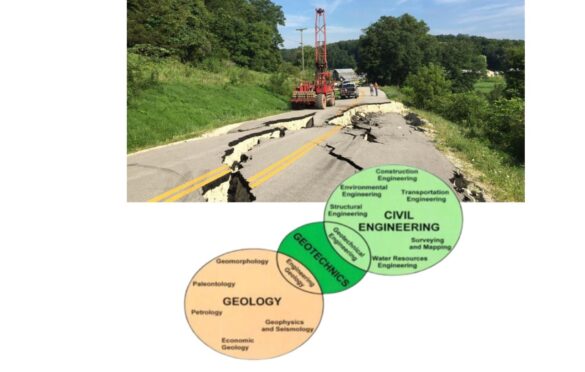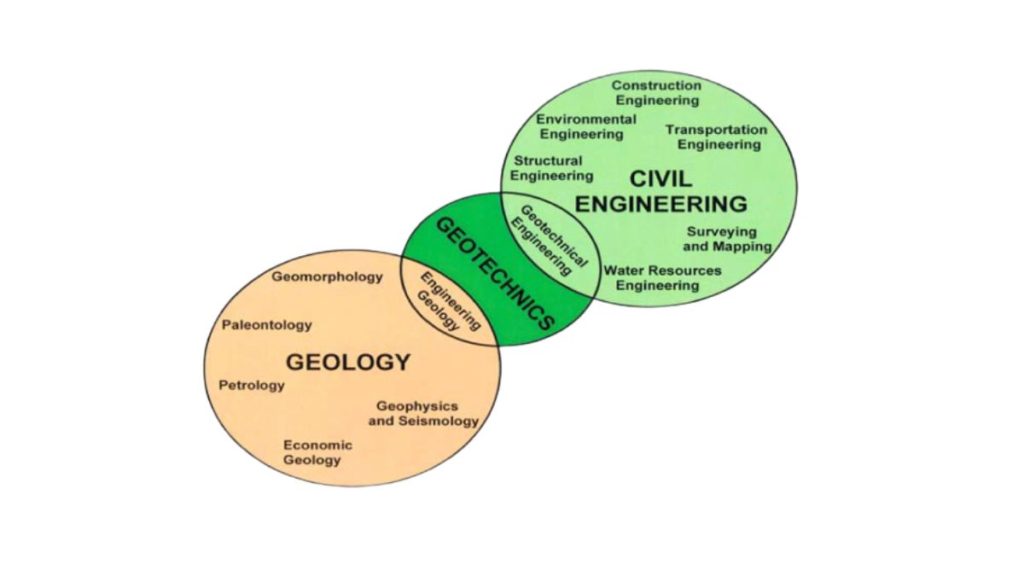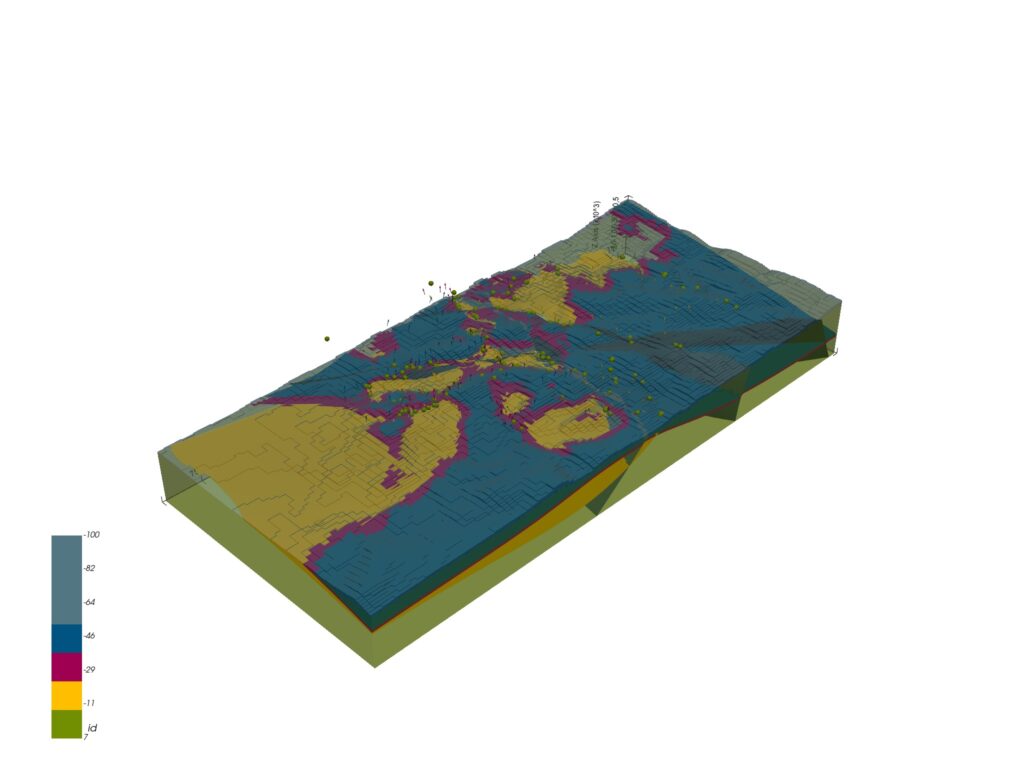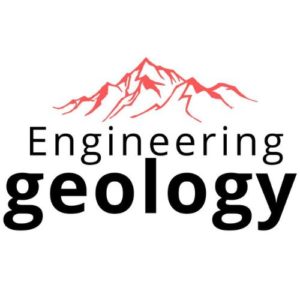Engineering Geology and Geotechnics

Introduction
In the world of civil engineering and construction, the dynamic interplay between geology and geotechnics is paramount. The synergy between these two fields lays the foundation for sound infrastructure and sustainable development. In this comprehensive blog post, we will delve deep into the realms of engineering geology and geotechnics, exploring their significance, methodologies, and real-world applications.
Understanding Engineering Geology
Engineering geology is the branch of geology that focuses on assessing the geological factors influencing construction projects. It involves a meticulous study of the earth’s crust, including rock formations, soil types, and their physical properties.
The Vital Role of Geotechnics
Geotechnics complements engineering geology by applying geological principles to the design and construction of foundations, retaining walls, and other structures. It ensures that the built environment can withstand geological challenges.
Key Methods in Engineering Geology
Geological Site Characterization
Geological site characterization involves evaluating the geological conditions at a construction site. This process includes the identification of soil and rock types, their distribution, and their engineering properties.
Geological Mapping
Geological mapping is essential for creating geological maps that help engineers and geologists visualize subsurface conditions. These maps guide the construction process and mitigate geological risks.
Geological Hazards Assessment
Assessing geological hazards such as earthquakes, landslides, and soil liquefaction is crucial for planning safe and resilient structures. Engineering geologists play a pivotal role in this assessment.
Geotechnical Investigation
Soil Testing
Soil testing involves analyzing soil samples to determine their composition, density, and shear strength. This information guides foundation design and construction.
Foundation Design
Foundation design integrates engineering geology findings with geotechnical data to create safe and stable foundations for buildings, bridges, and other structures.
Slope Stability Analysis
Slope stability analysis assesses the risk of landslides and slope failures. Geotechnical engineers use this analysis to design slopes that can withstand various geological conditions.

The Marriage of Geology and Geotechnics
The synergy between engineering geology and geotechnics is evident in every phase of a construction project. The geological data provided by engineering geologists informs geotechnical engineers’ decisions, ensuring the safety and integrity of structures.

Real-World Applications
Bridge Construction
Bridge construction demands a deep understanding of the geological conditions surrounding water bodies. Engineering geology and geotechnical expertise are critical for designing stable bridge foundations.

Tunnel Engineering
Tunnel engineering involves excavating through various rock types and soil formations. The integration of geological and geotechnical knowledge is vital to ensure tunnel stability and prevent collapses.

Urban Development
In urban development, engineering geologists and geotechnical engineers collaborate to assess soil and rock properties, ensuring that skyscrapers and infrastructure can withstand urban geological challenges.
Best Practices for Engineering Geology and Geotechnics
Collaboration: Encourage open communication between geologists and geotechnical engineers to leverage their expertise effectively.
Regular Site Assessments: Conduct thorough geological and geotechnical assessments throughout the project’s lifecycle.
Adaptability: Be prepared to adapt designs and construction methods based on evolving geological information.
Safety First: Prioritize safety by considering geological hazards and designing accordingly.
Conclusion
Engineering geology and geotechnics are the bedrock of civil engineering and construction. The seamless integration of geological knowledge with geotechnical expertise ensures that our built environment stands resilient against the forces of nature. By following best practices and prioritizing safety, engineers and geologists can construct a future that is both solid and sustainable.

